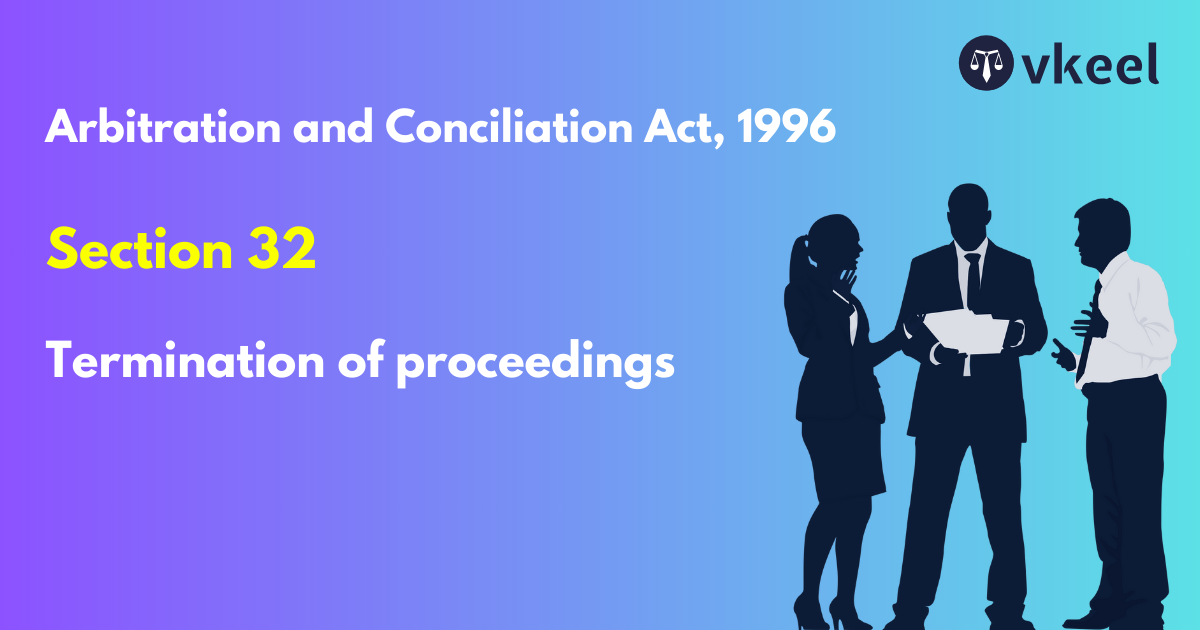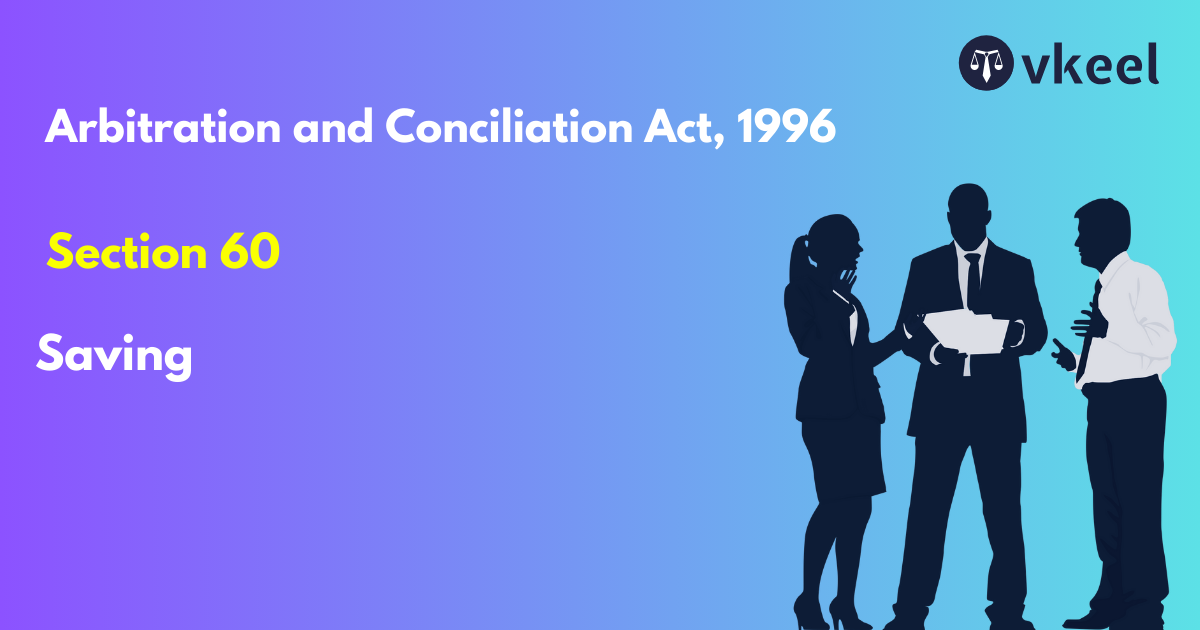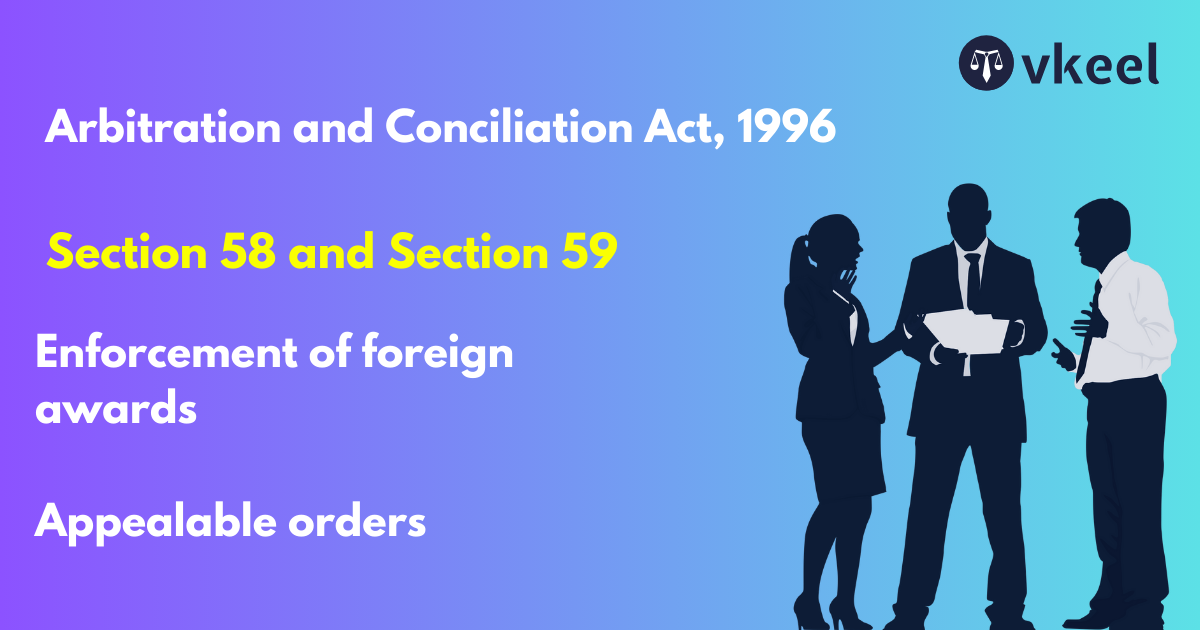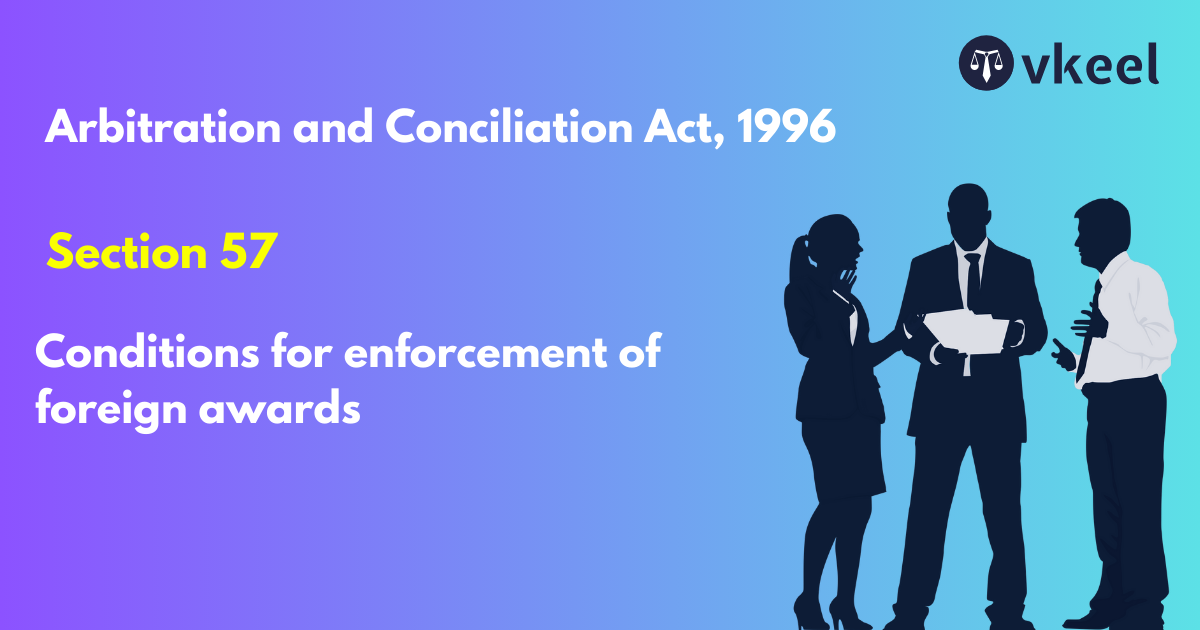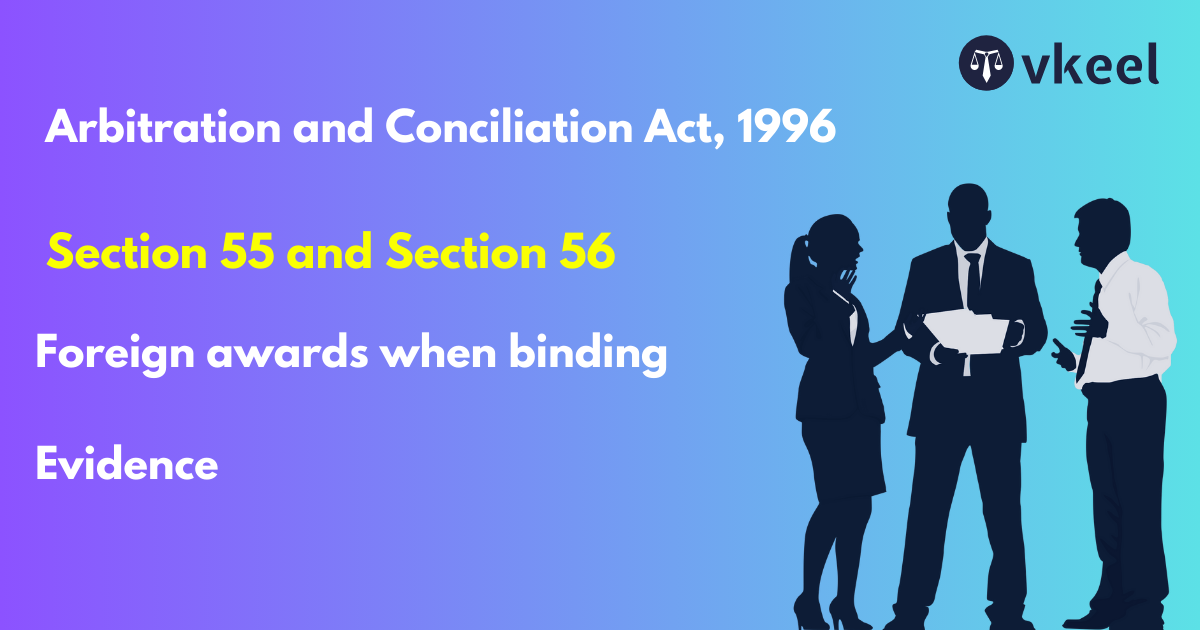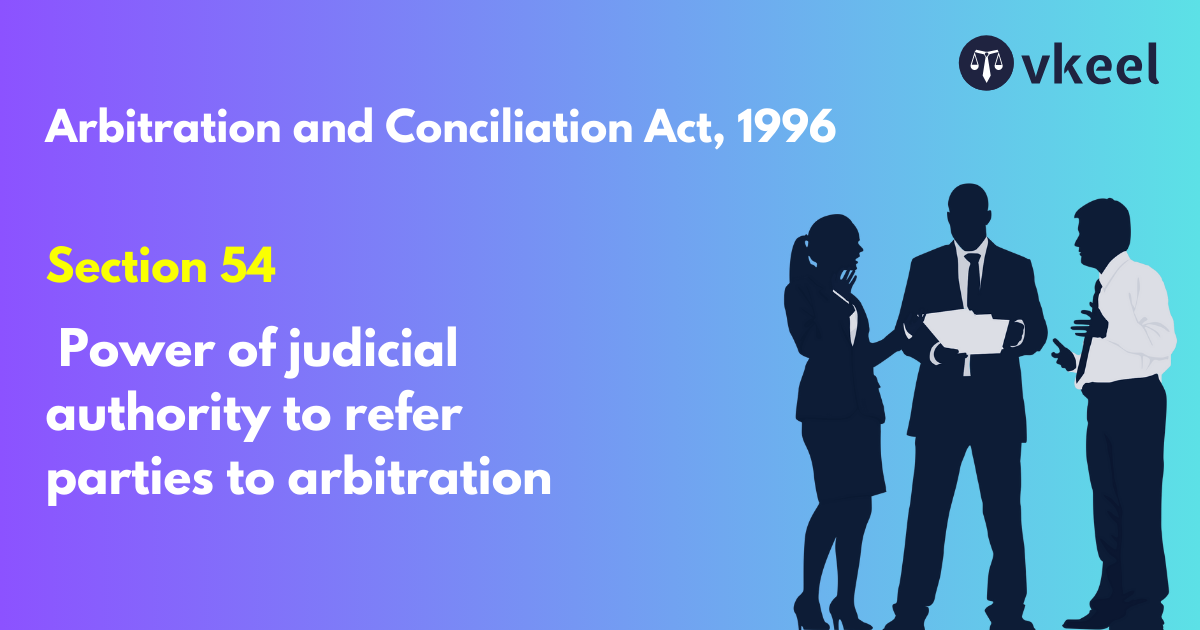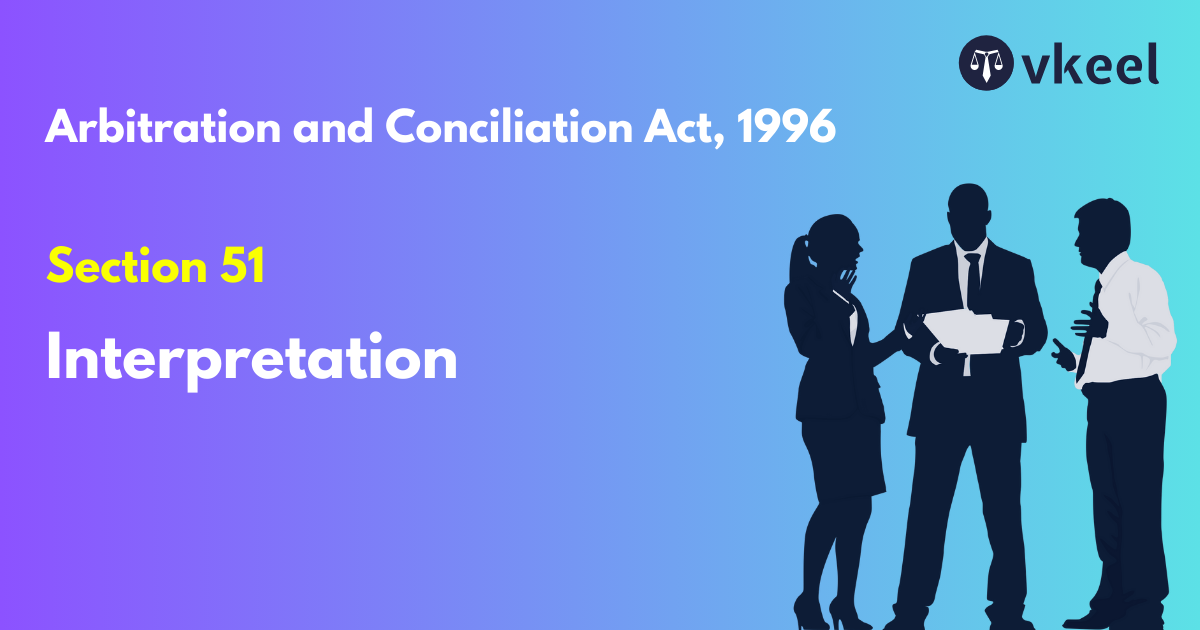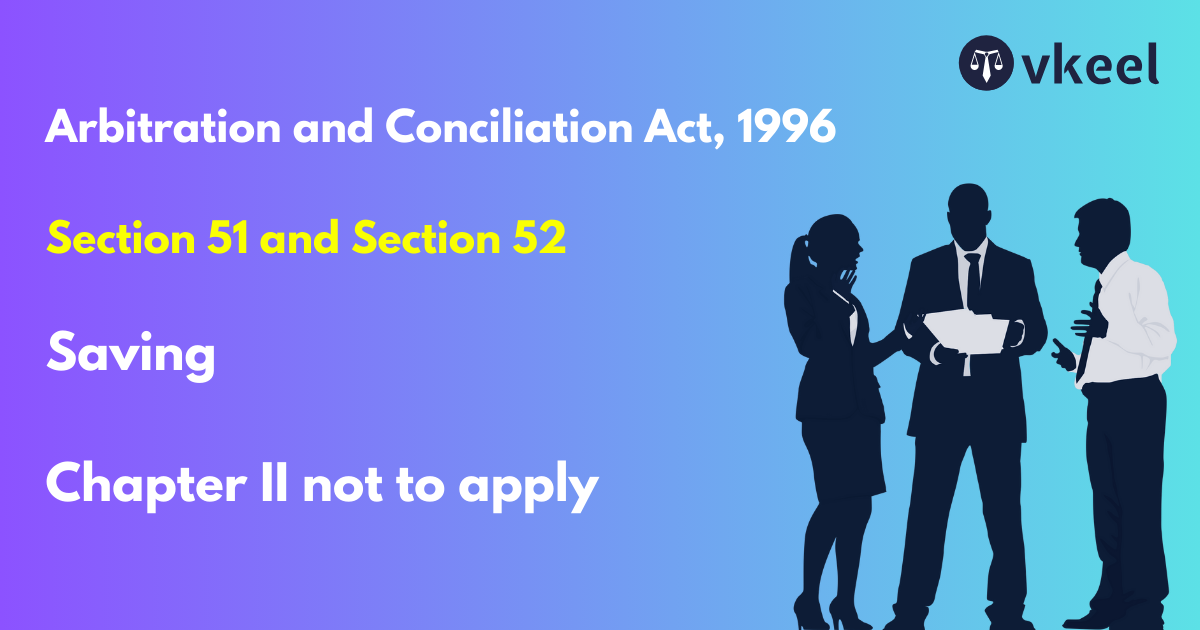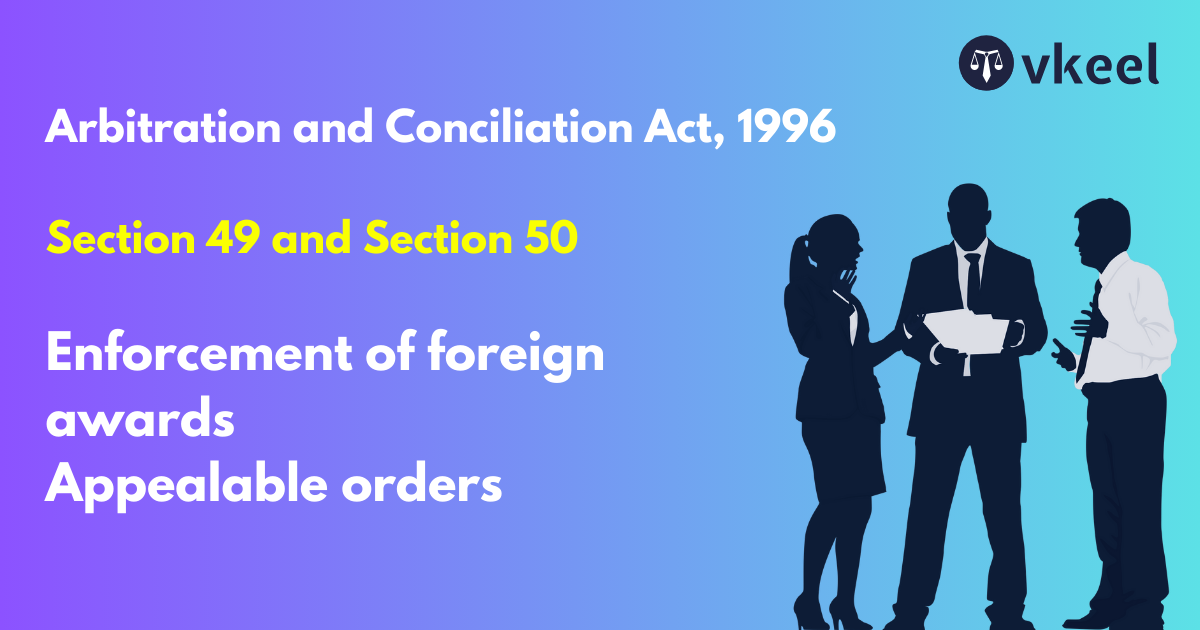Section 32: Arbitration and Conciliation Act, 1996
By Nivedita Dhiman
Table of Contents
Introduction of section 32
Section 32 of the arbitration and conciliation act provides that the arbitral proceedings shall be terminated by the final arbitral award or by an order of the arbitral tribunal. Thus, with the aid of this section it can safely be said that the arbitral proceedings stand terminated by the final arbitral award is filed in the court.
This section makes provision for automatic termination of the arbitral proceedings when final award is made. Reading of this section provides that only ‘final award’ shall terminate the arbitral proceedings. The final award is one which decides or completes decision of claims presented.
Section 32 of arbitration and conciliation act
Termination of proceedings
(1) The arbitral proceedings shall be terminated by the final arbitral award or by an order of the arbitral tribunal under sub-section (2).
(2) The arbitral tribunal shall issue an order for the termination of the arbitral proceedings where—
(a) the claimant withdraws his claim, unless the respondent objects to the order and the arbitral tribunal recognises a legitimate interest on his part in obtaining a final settlement of the dispute,
(b) the parties agree on the termination of the proceedings, or
(c) the arbitral tribunal finds that the continuation of the proceedings has for any other reason become unnecessary or impossible.
(3) Subject to section 33 and sub-section (4) of section 34, the mandate of the arbitral tribunal shall terminate with the termination of the arbitral proceedings.
Landmark Judgements of section 32
Spettigue vs Carpenter, 1735
Where a party desired the arbitrator to defer making his award until he should satisfy him as to some things which the arbitrator took to be against him and as this was within two or three days before the time for making the award was out, the arbitrator refused the request and made his award and it seemed that there was a just ground for the plaintiff’s desire to be heard within the time, the court set aside the award.
Micklewright vs Mullock, 1974
An arbitrator announced his intention of viewing the property in dispute before the hearing. Though he did not do so and both parties were aware of this, the householder relied on the arbitrator viewing the premises at some stage, and framed his evidence accordingly. If the arbitrator did no view the property, it would amount to misconduct.
NBCC Ltd vs JG Engg. Pvt Ltd, 2010
Despite apparent absence of any enabling provision in 1996 act, court can, in exercise of its inherent power, fix a time limit for concluding arbitration proceedings, Where however the arbitration agreement itself provides the procedure for enlargement of time and the parties have taken recourse to it, and consented to enlargement of time by arbitrator, court cannot exercise its inherent power in extending time flexed by the parties in the absence of consent of either of them.
NBCC Ltd vs JG Engineer Pvt Ltd, 2010
Where the arbitrator had not concluded the proceedings as had been agreed between the parties within the time fixed for doing so, the mandate of the arbitrator would stand terminated. The arbitrator cannot extend the time for making the award of his own. In case the arbitration matters involves highly technical and complex issues, which are time consuming, it is open to the arbitrator or for the parties to approach the court for extension of time to conclude the arbitration hearing.
Conclusion of Section 32
The above-mentioned section 32 provides a framework for the termination of arbitration proceedings and also emphasizes that arbitration can be concluded either upon the final award or by parties mutual consent. Section 32 ensures a clear process and resolve disputes through arbitration thereby promoting efficiency.
Disclaimer:
The information provided in the article is for general informational purposes only, and is not intended to constitute legal advice or to be relied upon as a substitute for legal advice. Furthermore, any information contained in the article is not guaranteed to be current, complete or accurate. If you require legal advice or representation, you should contact an attorney or law firm directly. We are not responsible for any damages resulting from any reliance on the content of this website.

